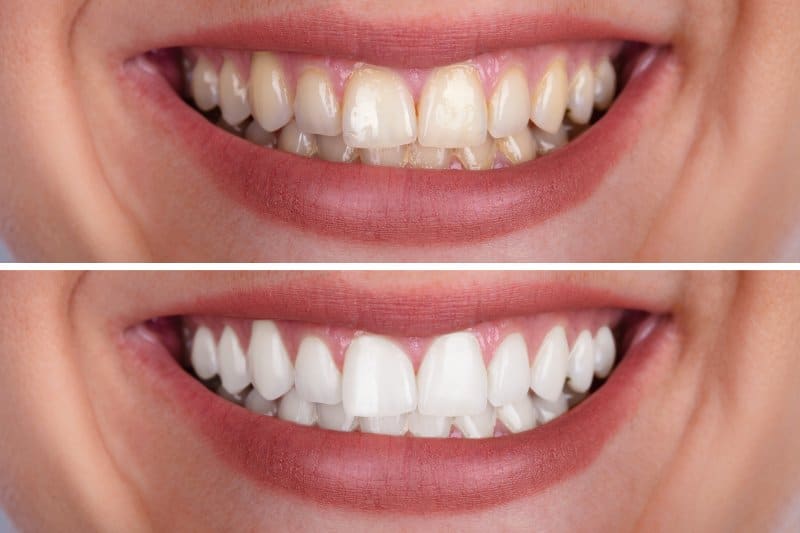Full Mouth Reconstruction for Smile
Why is full mouth rehabilitation needed?
If you are affected with any of the following conditions, you may require full mouth reconstruction:
- Teeth extracted due to decay or trauma.
- Teeth that are fractured, badly cracked, or chipped.
- Severely worn-out teeth.
- Chronic and consistent pain in your head, muscles, or jaw caused by bite problems.
The first step in rebuilding your teeth and smile is to schedule a consultation with Dr. Adatrow. He will need to assess the condition of your teeth, gums, and, in some cases, the temporomandibular joint (TMJ) during your appointment. He will recommend a step-by-step treatment plan tailored to your specific needs after assessing the extent of the problem and obtaining information from X-rays and photographs.
Additional information to know about full mouth reconstruction:
In general, full mouth reconstruction necessitates several stages and appointments. Your full mouth reconstruction includes a combination of the following dental solutions, depending on your needs and treatment goals:
Dental implant Placement:
Implants are used to replace an entire tooth, from root to crown. A titanium post is surgically implanted in the jawbone to act as the tooth root; once integrated with the bone, it is topped with an artificial tooth. Implants can be used to support a single crown or to anchor dental bridges or even denture appliances.
Dental crown Insertion:
Crowns strengthen and support weak or damaged teeth. These small restorations of the tooth restore its appearance and feel.
Dental Bridges:
Dental bridges fill the space left by a missing tooth. These restorations must be attached to at least two natural teeth. Bridges will not work if you have no teeth left in your mouth.
Over-Dentures:
These dental appliances fitted over the dental implants to replace an entire arch of teeth in the upper, lower, or both jaws.
Gum Contouring:
In ideal circumstances, every implant restoration should include a procedure called “gum contouring” around the implant crown. This procedure enables future gums around the implant crown to grow to the same contour as those around natural teeth, maximizing implant esthetics. This procedure entails creating a temporary implant crown, which the patient wears for 1-3 months. During this time, the patient should return to the dentist for adjusting the “emergence profile” part of the temporary implant crown. Once the dentist and patient and the dentist are satisfied with the gum contour around the temporary implant crown, the final implant crown can be placed. It is important to note that for an implant crown to look natural, the gums around it to look natural. Otherwise, no matter how perfect the implant crowns are, if the gums surrounding the implant do not look natural, the entire implant therapy will be unappealing.
Fillings in the teeth:
Fillings are used to restore teeth that have been severely decayed. Tooth-colored fillings are the more aesthetically pleasing option because they match the shade of natural teeth.
Orthodontics:
The most common method of treatment is to place implants after orthodontic work has been completed. This is due to several factors. First and foremost, once placed in the jaw and osseointegration has occurred, dental implants cannot move, unlike natural teeth. If the teeth adjacent to the implant near adjustment, it is preferable to have the implant placed after all of the surrounding teeth are correctly positioned.
In some cases, orthodontic treatment is required to make room for the implants. In this case, the orthodontic work must also be completed before the implant surgery can take place. After removing your braces, you will have plenty of room for your implant and will be able to enjoy a perfect smile once more.
Looking for the Full Full Mouth Reconstruction in Memphis, TN?
Dr. Adatrow can help!
If you have any further questions about oral health, you can schedule a consultation with Dr. Adatrow. Dr. Adatrow has more than 18 years of experience in placing dental implants, with a success rate of over 97%, and can provide you with the best possible dental treatment. He is a Board-Certified Prosthodontist and Periodontist. Please contact our office to schedule your consultation now!

